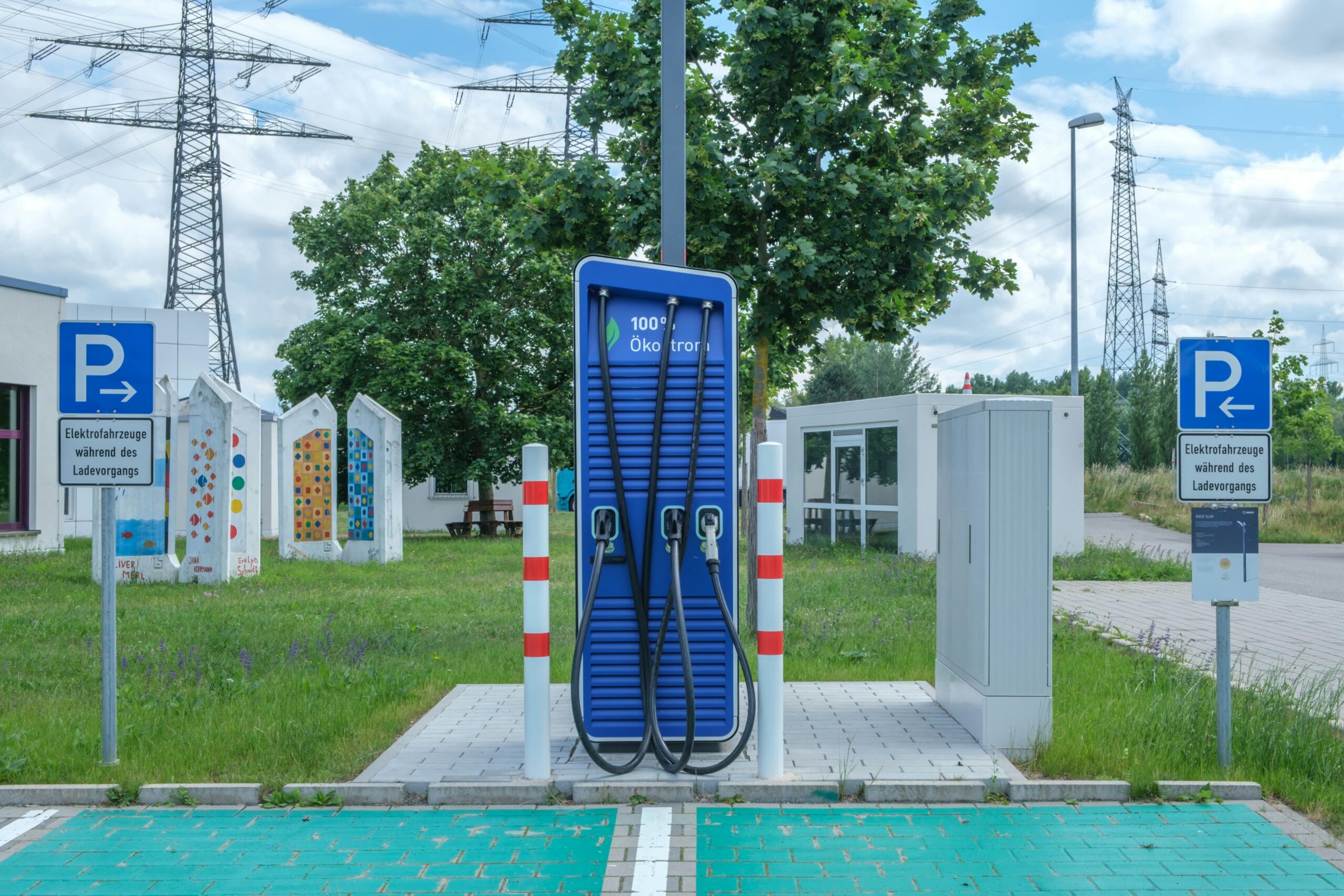As the world increasingly turns to renewable energy sources, solar power stands out as a clean and abundant option. However, the intermittent nature of sunlight presents a challenge for consistent energy supply. This is where solar battery storage systems come into play, allowing for the storage of excess solar energy generated during the day for use at night or during cloudy weather. This article explores the importance of solar battery storage, its benefits, and how it facilitates the vision of 24/7 solar power.
1. Understanding Solar Battery Storage
Solar battery storage systems are designed to store energy generated from solar panels. When sunlight is abundant, solar panels convert it into electricity, which can either be used immediately or stored in batteries for later use. There are various types of batteries used in these systems, including lithium-ion, lead-acid, and flow batteries, each with its own advantages and disadvantages.
Lithium-ion batteries are currently the most popular choice due to their high energy density, efficiency, and decreasing costs. As technology advances, improvements in battery life and capacity are expected, making solar battery systems even more effective.
2. Benefits of Solar Battery Storage
Energy Independence: By storing solar energy, households and businesses can reduce reliance on the grid, leading to greater energy independence. This is particularly beneficial in regions prone to power outages or where electricity costs fluctuate significantly.
Cost Savings: Solar battery storage can provide significant savings on electricity bills. By using stored energy during peak demand times when electricity prices are higher, consumers can avoid costly utility rates. Additionally, some utility companies offer incentives for energy storage, further enhancing financial benefits.
Environmental Impact: Storing solar energy for later use contributes to reducing greenhouse gas emissions. It enables greater utilization of renewable energy and decreases reliance on fossil fuels, thus promoting sustainability and mitigating climate change.
Grid Stability: Solar battery storage can help stabilize the electricity grid by smoothing out fluctuations in power supply and demand. This capability is particularly valuable as more renewable energy sources are integrated into the grid, ensuring a consistent energy flow.
3. Innovations in Solar Battery Technology
The field of solar battery storage is rapidly evolving, with ongoing innovations improving efficiency, capacity, and lifespan. Key developments include:
- Solid-State Batteries: These next-generation batteries promise higher energy densities and greater safety compared to traditional lithium-ion batteries. Solid-state technology reduces fire risks and enhances performance, which could revolutionize solar energy storage.
- Battery Management Systems (BMS): Advanced BMS technology helps monitor and manage the performance of battery storage systems, optimizing their efficiency and lifespan. These systems provide real-time data on energy usage, allowing users to maximize their energy savings.
- Hybrid Systems: Combining solar battery storage with other renewable technologies, such as wind or hydropower, can enhance overall energy reliability and efficiency. Hybrid systems are particularly useful in areas where solar energy may not be consistently available.
4. The Future of Solar Battery Storage
As governments and private sectors invest in renewable energy infrastructure, the future of solar battery storage looks promising. Many countries are setting ambitious renewable energy targets and providing incentives for solar energy adoption, including battery storage systems. Furthermore, as technology advances and manufacturing scales up, the cost of solar batteries is expected to continue to decline, making them more accessible to a broader range of consumers.
5. Real-World Applications
Solar battery storage is already making significant impacts in various settings:
- Residential Use: Homeowners are increasingly installing solar panels with battery storage to ensure they have power during outages and to optimize their energy usage.
- Commercial Applications: Businesses are adopting solar battery systems to manage energy costs and improve sustainability practices, often integrating them into their overall energy management strategies.
- Microgrids: In remote or underserved areas, solar battery storage is vital for developing microgrids that provide reliable electricity, supporting local communities and reducing dependency on traditional energy sources.
Conclusion
Solar battery storage is a crucial component in unlocking the full potential of solar energy, enabling a reliable and sustainable energy future. By facilitating the use of solar power around the clock, battery storage systems help overcome the challenges of energy intermittency and promote energy independence. As technology continues to advance, solar battery systems will play an increasingly central role in achieving global energy goals, driving us toward a cleaner and more sustainable planet. The vision of 24/7 solar power is no longer just a dream; it is becoming a tangible reality.








Leave a Comment